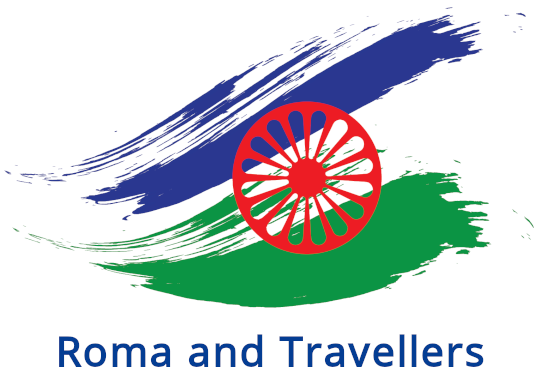Health

Roma and Travellers have on average ten years’ shorter life expectancy than the mainstream population due to preventable risks, including hunger and malnutrition, lack of vaccination, squalid housing, and significantly higher rates of unemployment.
In the course of their relatively short lives, Roma and Traveller are disproportionately affected by infectious or chronic ailments ranging from upper respiratory ailments (most common in childhood) to diabetes and high blood pressure (in adulthood). Together, Roma’s relatively high fertility rates and short lifespan make Romani populations younger overall than the majority, with the proportion of children higher and the proportion of elderly persons lower among Roma and Traveller than is the case among the majority population.
While recent years have seen some improvements in Roma and Travellers’ access to healthcare and medicines, large gaps between Roma and non-Roma remain and justify specific actions of the Council of Europe in line with Recommendation Rec(2006)10 of the Committee of Ministers on better access to health care for Roma and Travellers in Europe, including the promotion and institutionalization of Roma health mediators.
Health
- Thematic report on Roma health mediators (Bulgaria, Belgium, Bosnia and Herzegovina, North Macedonia, Montenegro,Turkey)
- Thematic report on the role of the national health institutions in promoting Roma health- with a focus on health-related research, vaccination, pre-natal and natal care, Roma health mediators and disabled Roma persons (Finland, Spain, North Macedonia, Latvia)
Host countries in bold



